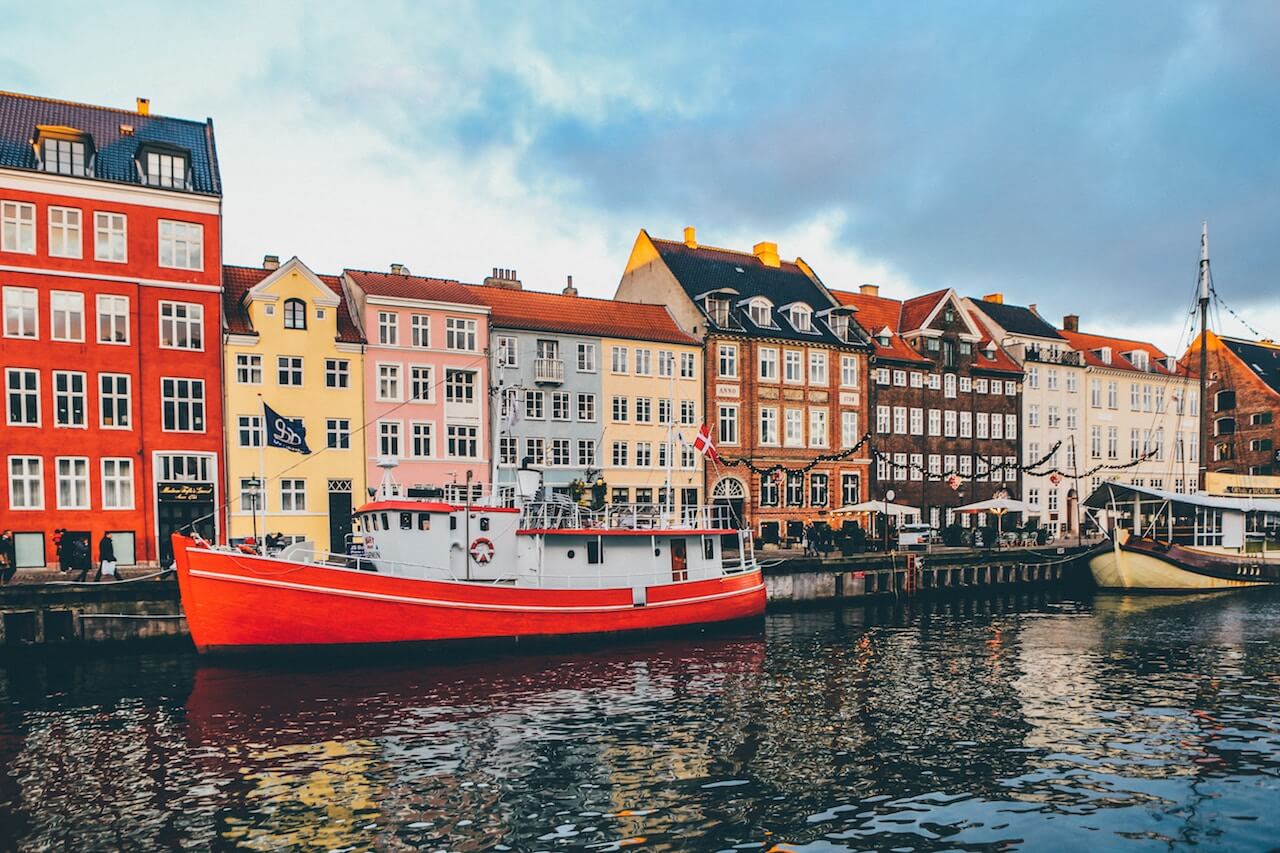10 Tips To Make Friends When Studying Abroad
Making new friends is one of the most exciting things about studying abroad. While it’s more challenging to meet people in a new country, it’s not impossible.
In this article, I share 10 tips to make friends easier.
Do your research
Understanding the culture and language of the country, you’ll study abroad in will help you get used to the new environment.
Take some time to learn about the lifestyle, culture, religion, or even the history and weather of that country before you set off to get an overview of what you will experience in the near future.
You can read stories of study abroad experiences from other international students to learn how to behave and communicate with local people.
I usually join the university’s group or expat groups on Facebook to read stories from there.

Learn the language
The best way to make local friends is to study their languages.
Nothing can connect with locals more easily than a smile and hello in their own language. Even if you can’t communicate well, people still notice your effort, and you’ll have plenty of stories and experiences to talk about.
I use Duolingo and Quizlet apps to study vocabulary. There’s usually lots of free content on YouTube, too, so check them out.
Tips
- Moving tips: Relocating abroad? Try Sirelo for free quotes from top international movers that fit your budget. Learn more here.
- Money transfer: I use Wise for my international transfers. Quick, secure, and their fees? Way lower than most banks I’ve tried!
- Expat insurance: Life abroad has its surprises; make sure you’re covered with expat insurance.
Don’t miss the Orientation week
Orientation week is usually the first week when you start a new school. You’ll learn more about the rules and cultures and meet other students.
Don’t be shy to say hi to a new friend sitting next to you, and start a conversation when you’re assigned to an ice-breaking group.

Join clubs that match your interests
One of the best ways to make friends when studying abroad is to join clubs.
Many universities have clubs and social groups where students can join. Usually, each school will have a webpage dedicated to clubs or a social day when the groups introduce and recruit new members.
I suggest checking the university web page and social media to see if anything matches your interests. There’ll be tons of choices, from sports debating clubs to wine-tasting ones.
You can pick a few groups that match your interest and then attend their welcoming meetings. I usually get the vibe on the first meeting to see if I’ll fit, then drop the rest.

Attend university events
The university usually organizes events throughout the years, so pick up a few events and go. Some events such as:
- Cultural events
- Guest lectures
- Art shows
- Standup comedy night
You may find some of them are super boring, but some would be interesting too. I met lots of new people during these events and learned interesting things too.
Meet people outside of school
People with similar interests will easily talk to each other.
There are many ways to find like-minded friends, especially through social media. Meetup.com is a popular online network where you can search for groups of like-minded people in their local areas.
You can also create your own group. You can also search for private groups through the list of clubs or universities you attend.
Start a part-time job
If you have time, start a part-time job or apply for an internship. It’s a great way to support you financially and give you an opportunity to meet new people.
Do volunteer
Doing volunteer is an excellent way to meet new people and make friends. I’ve done lots of volunteer work during my study.
Volunteer work creates memorable and meaningful memories.
Experience a local life
A great way to meet new people abroad is to be involved in local lives.
Every place has its own culture, events, and interesting places to visit, so find out what you like and participate.
You’ll surely meet new people while exploring the city. Here are some activities you may enjoy:
- Attend music festivals.
- Visit local bars.
- Tour the city. Big cities usually have free walking tours.
- Visit historical sites.
- Go to language exchange groups.
Accept religious and ethnic diversity
Studying in an international environment will give you the opportunity to meet friends from all over the world.
In addition to differences in culture and language, differences in religion and ethnicity are also important factors.
Living in an international environment, you must respect this difference. Accepting diversity means opening yourself up to the best.





